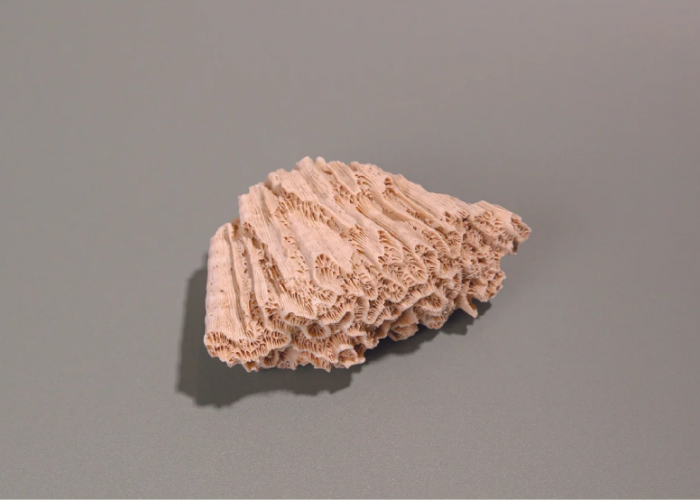Clean beauty
Amidst the tall skyscrapers, city fumes and streets that layer your skin with dust, never-ending traffic jams, and almost subliminal hum of the air conditioners, it is only natural to seek the quiet of a desert, its simplicity of shape and serenity of being. As humans, we are wired to appreciate beauty and peace. Yet a constant race for faster results and higher profits led the beauty industry to amount astonishing market value of over 500 billion dollars. Ordinarily, a notion of clean beauty emerged, focusing not only on the goal but the journey.

What is clean beauty?
Although clean beauty is a largely unregulated term, it can be best described as a movement that strives to develop non-toxic cosmetic products without chemicals and ingredients that could irritate or harm your skin in any other way. There is no defined list of ingredients banned from clean beauty products, however, some of the common "enemies" are parabens, phthalates, oxybenzone, and synthetic fragrances.
Does "clean" mean "natural"?
The short answer is no. Contrary to a popular belief, beauty products with natural ingredients are not necessarily better than chemical-based products if the raw material production is unsustainable. For instance, extensive cultivation of palm oil plantations, one of the most used ingredients, has destroyed the natural habitat for countless animal species in South Asia.
When grown irresponsibly, other oil sources used in the cosmetics industry, such as soy, rapeseed, and coconut, are no better than palm oil. However, coconut trees do not require a monocultural forest (unlike palm trees) and can be easily integrated into existing eco-systems with a mindful approach to farming. Thus, clean beauty surpasses the question of what is in the product and focuses on what is not what its environmental footprint is.
Moreover, science is a beautiful gift to humanity. For instance, Vitamin C is one of the most frequent natural elements
replicated in labs. While there is no tangible difference in quality, lab-derived Vitamin C marks a far less environmental
footprint as it does not require vast lands and large amounts of water for plant crops like its natural alternative.
Where to find clean beauty products?
Luckily, demand creates its own supply. As consumers grow conscious of environmental issues, many companies come up with more environmentally consious production options. The Covid-19 pandemic has also pushed us to start asking questions about the products we are applying to our skin. Many global retailers such as Sephora are gathering clean beauty products into a separate category. However, cases of greenwashing (labeling products as eco-friendly when they are clearly not) are ever so frequent in the industry, so you should remain curious and do your own research about the brand values and practices to ensure that they align with yours.
For the Middle East, clean beauty is not an entirely new concept as many beauty practices have been cultivated for centuries and carefully preserved for the next generations. In a time of rapid globalization, it is crucial to treasure the local. At Allum, we have crafted The Nourishing Elixir with traditional Arab skincare ingredients such as jojoba oil and rice extract, all ethically sourced. Devoid of harmful chemicals, our product deeply moisturizes and nourishes the skin in a centuries-old beauty ritual. With firm devotion to safety and environmental protection, we are excited to see the growing interest in clean beauty and pledge to use our honest passion and knowledge to deliver the product with care for your skin, your peace of mind, and gratitude to Mother Earth.
